Knowing when to make final payment to contractor depends on the completion and verification of all agreed work. You should pay only after the final inspection confirms that every item listed in the scope of work has been completed, all invoices are clear, and no payment penalties or disputes remain.
A2Z Construction advises homeowners to hold the final payment until quality standards are met, warranties are delivered, and all documentation is signed. This approach protects both parties and ensures accountability at every stage of the construction project. In the next sections, we’ll explain each step of the process and how to manage contract payment terms effectively.
Key Takeaways
- The best time to pay a contractor is after the final inspection. This inspection should confirm that all work is done and meets contract standards.
- Always make sure all punch list items are done. Provide warranties and sign lien waivers before giving the final payment.
- If a contractor does not provide a detailed bill, you can hold back payment. You can also withhold payment if the work is not finished. You can do this until these issues are resolved.
- A clear payment schedule in the contract helps both cash flow and accountability during the construction project. It should include defined milestones, due dates, and retainage terms.
- Keep organized records of all invoices, progress payments, and completion documents. This will help you verify that each payment matches the project's progress and obligations.
Contract Payment Basics
Understanding how contract payment works is the first step in managing any construction project responsibly. Every agreement should include payment terms that define how and when the contractor receives funds. These terms clarify the common payment schedule, the amount due for each phase, and the due date for every installment. Having a transparent system supports cash flow and prevents misunderstandings later in the project.
Typical Payment Terms for Contractors
Typical payment terms for contractors often depend on project size and progress. Many contracts have a 30-day or net 60 cycle. This means payment is due within that time after getting an invoice. A common payment schedule includes an initial deposit, progress payments tied to project milestones, and a final payment at completion.
Clear documentation of these stages keeps both the contractor and client accountable for the project’s progress.
How to Pay a Contractor for Work
Before you pay the contractor, confirm that all completed work meets expectations and aligns with the agreed scope of work. Payment methods can include checks, wire transfers, or digital transactions, but all should have written records.
Using set payment schedules for contractors helps keep their profit margin steady. It also protects the client from paying too early. Always include payment terms in the contract to prevent disputes.
Payment for Work Done Is Called Progress Payment
A progress payment refers to partial compensation made throughout the construction project as work reaches specific milestones. It reflects a fair balance between the contractor’s ongoing costs and the homeowner’s confidence that the work is progressing correctly. Setting progress payment milestones ensures continuous motivation and project control.
Proof of Financing and Home Improvement Payments
For large projects, contractors may request proof of financing before starting. This ensures that funds are available and that the contractor can manage materials, labor, and timelines effectively. For home improvement work, homeowners should only release payments once the agreed progress is verified and documented.
Determining the Right Time for Final Payment
The right time to issue the final payment depends on completing all project phases, passing final inspection, and confirming that all deliverables meet contract standards. Paying too early reduces your leverage in case any final adjustments are needed.
When to Pay Contractor or Builder Final Payment
You should only make the final payment once the contractor has completed the entire scope of work, provided all warranties, and submitted any required compliance documents. A2Z Construction and David Haziza, the Owner and Master of Construction, recommend using a checklist to confirm completion before releasing funds. This approach helps protect against unresolved details or missing paperwork.
Should You Pay Before Final Inspection or Punch List Completion?
No, you should not pay the contractor before final inspection or before the punch list items are completed. The punch list documents minor tasks or corrections that must be resolved before the job is fully done. Holding the final payment until these items are verified ensures accountability and confirms that your project meets quality standards.
Contractor Wants Final Payment Before Final Inspection – What to Do
If a contractor asks for final payment before final inspection, review your contract carefully. Most agreements specify that the final payment is only due once inspection approval is granted and the project is officially closed. Politely remind the contractor that releasing payment before inspection could violate the contract’s payment terms. Having clear written documentation protects both sides.
Withholding or Delaying Final Payment
There are circumstances where withholding or delaying final payment is justified. These include incomplete work, code violations, or failure to meet the agreed timeline.
Can I Withhold Final Payment to Contractor?
Yes, you can withhold the final payment if the contractor has not completed the work per contract terms or if quality issues remain unresolved. This decision must be based on documented reasons, such as missing materials or failed inspections. Always communicate in writing and refer to the contract before taking action.
Legal Grounds for Delaying Payment
Legal grounds for delaying payment include unfulfilled warranties, missing lien waivers, or unresolved building permits. If the contract allows for retainage, you can legally withhold a small portion of the final payment until all obligations are satisfied. This ensures compliance and fairness throughout the process.
Handling Incomplete or Defective Work
When work is incomplete or defective, notify the contractor immediately. Provide photos, written details, and a timeline for correction. Only release the payment once the issues are fixed and the project passes re-inspection. This step ensures that the amount due matches the quality of the completed work.
Payment Documentation and Records
Proper documentation is essential for every stage of a construction project. It provides proof of compliance and protects against misunderstandings.
Contractor Refuses to Provide Itemized Bill
If the contractor refuses to provide itemized bill details, request it in writing. An itemized bill clarifies labor, materials, and any additional charges. Refusal to share this information may violate contract obligations and could justify withholding payment until transparency is achieved.
Requesting and Reviewing Detailed Invoices
Always review each invoice before paying to ensure accuracy. Compare billed amounts to the project’s progress and verify that all materials or services listed align with the scope of work. A verified invoice system strengthens trust and reduces disputes about payment penalties or unexpected costs.
Lien Waivers, Retainage, and Completion Records
Lien waivers confirm that subcontractors and suppliers have been paid, preventing future claims against the property. Retainage, a small withheld amount, ensures that contractors complete the project fully before receiving the final payment. Keep all completion records organized in case questions arise after the project closes.
Keeping Organized Payment Proof for Future Reference
Maintain organized copies of every invoice, receipt, and signed agreement. These records serve as evidence in case of disputes or audits. Storing them digitally and physically ensures that you can verify transactions even years after project completion.
Final Steps and Homeowner Protection
The final stage of a project is about verification and prevention. Homeowners should confirm that every deliverable meets expectations before closing the contract.
Avoid Common Payment Mistakes
Avoid paying before the final inspection, skipping documentation, or neglecting to confirm lien waivers. These mistakes can lead to disputes or additional costs. Always verify that every step of the process is properly documented. You can also view client feedback and ratings on A2Z Construction’s reviews to learn more about customer experiences.
Confirm Punch List, Cleanup, and Warranties
Before paying, ensure that the site cleanup is completed, debris is removed, and warranties are delivered in writing. This confirms that your contractor has met all final obligations. If issues arise later, warranties protect your investment and provide recourse for repairs.
Verify Contractor Licensing and Insurance
Work only with licensed and insured contractors. A2Z Construction is a General Contractor located in Bergen County that has full licensing across New Jersey, ensuring compliance and professionalism. Verifying licensing prevents liability and ensures that your project follows legal and safety standards.
For expert hiring advice, read our recent article on Pro Tips for Hiring a General Contractor.
You can also learn about coverage laws in the General Contractor Insurance Requirements 2025 Guide.
When to Consult a Construction Attorney
Consult a construction attorney if a contractor refuses to resolve disputes or honor payment terms. Legal guidance can help enforce your rights and protect your financial interests. This step should be taken when all communication efforts have failed.
Your Next Steps
A2Z Construction and David Haziza emphasize careful financial management and transparency in every construction project. By understanding when to pay the contractor's final payment, reviewing all paperwork, and verifying work quality, homeowners can maintain control and protect their investments while fostering trust with qualified professionals.
For personalized guidance or a detailed quote, get a free estimate from A2Z Construction today.





